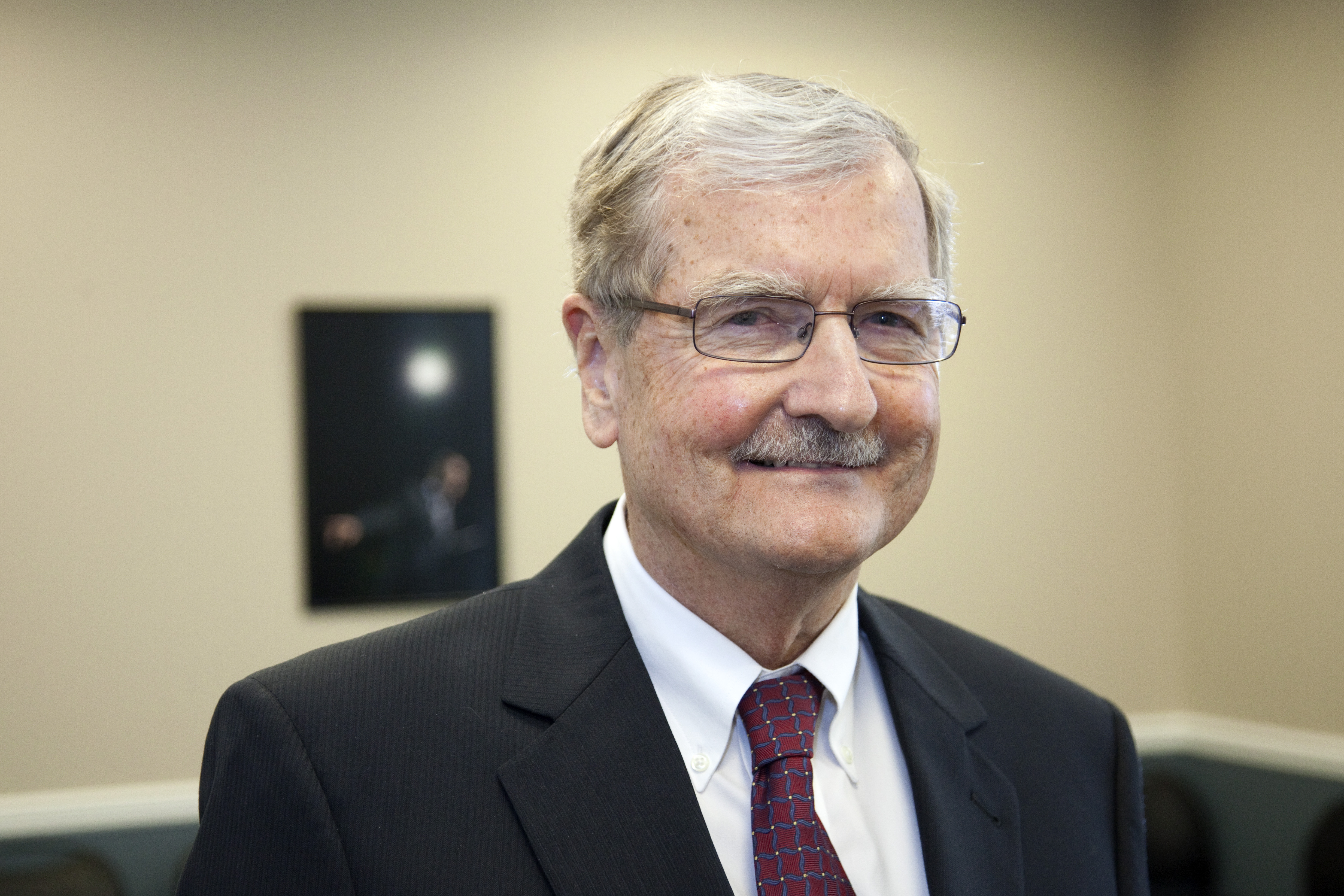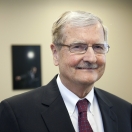
Ed. Note: Champions of Change is a weekly initiative to highlight Americans who are making an impact in their communities and helping our country rise to meet the many challenges of the 21st century.

On November 3, I was honored with a Champions of Change award and invited to hold a dialog with key Administration leaders regarding the importance of fuel cell technology in enabling a transition to clean energy for the US market and in creating of thousands of jobs in manufacturing, installation, operation, and servicing throughout the United States and around the world.
Fuel cells represent a key, growing sector of the next generation of energy technologies. They produce clean, efficient, quiet, and reliable electric power 24/7, and can do so while operating on a variety of domestic fuels. Currently, there are over a dozen US companies leading the world in the development, manufacturing, and deployment of stationary fuel cell systems.
The National Fuel Cell Research Center (NFCRC) was established at the University of California – Irvine in 1998 for the U.S. Department of Energy and the California Energy Commission with the goal to accelerate the development and deployment of fuel cell technology. Since that time, stationary fuel cell technology has entered the commercial market, is now cost-competitive with other power generation technologies with incentives, and is projected to be cost-competitive without incentives in less than five years. To reach this point of technology maturity, the NFCRC has engaged American industry, government agencies, and policy leaders to enable the development, demonstration, and market adoption of American based stationary fuel cell products. At the same time, the NFCRC has involved scores of undergraduate and graduate students in these activities as a way to educate and train the next generation work force with the tools and perspectives required to maintain the lead in fuel cell technology, and worked with university engineering programs around the country to establish fuel cell courses and mission-oriented research.
To further American prominence in fuel cell technology and the creation of thousands of jobs in the energy sector, the NFCRC engages U.S. companies in strategic alliances to lead as well the evolution of next generation clean energy fuel cell systems. One example is “hybrid gas turbine/fuel cell systems” which generate electricity at ultra-high efficiency in stationary power plants, as well as to power locomotives, long-distance trucks, and ships, and serve “hotel” loads on aircraft. Another example is fuel cells powered by waste-water treatment plant digester gas to simultaneously produce renewable electricity and bio-hydrogen for the next generation of fuel cell electric vehicles. The first system of this kind was commissioned in August 2011 at the Orange County Sanitation District in August 2011 as a result of a strategic alliance that was led by the NFCRC.
To prepare for the mobile fuel cell future, the NFCRC is leading the development and implementation of strategic planning tools in order to prescribe the number and location of hydrogen fueling stations in a given region. Major partners in this activity include General Motors and Air Products, both leaders internationally in the design of the next generation of vehicles and the fuel to power them.
As founder and director of the NFCRC, I compliment the Administration in recognizing the critical role that the NFCRC has played in training the next generation work force of energy engineers, bringing to market a key clean energy technology, and positioning the United States as the world leader in stationary fuel cells and hydrogen infrastructure for fuel cell electric vehicles.
Scott Samuelsen is a Professor of Mechanical, Aerospace, and Environmental Engineering at the University of California Irvine, Director of the Advanced Power and Energy Program (APEP), and Director of the National Fuel Cell Research Center (NFCRC).


